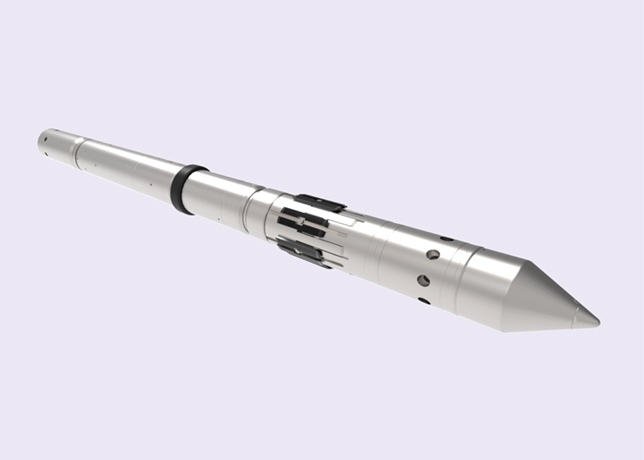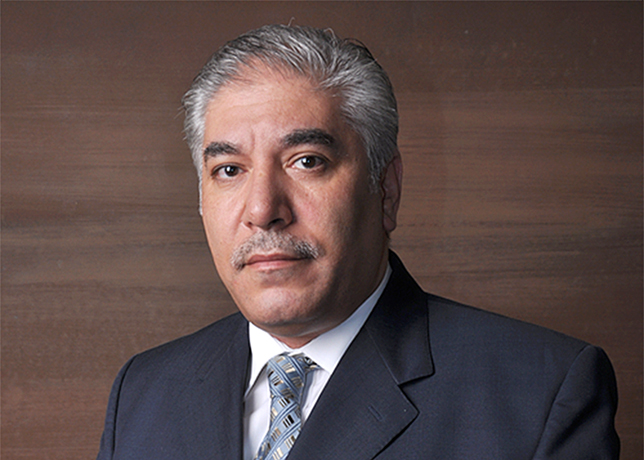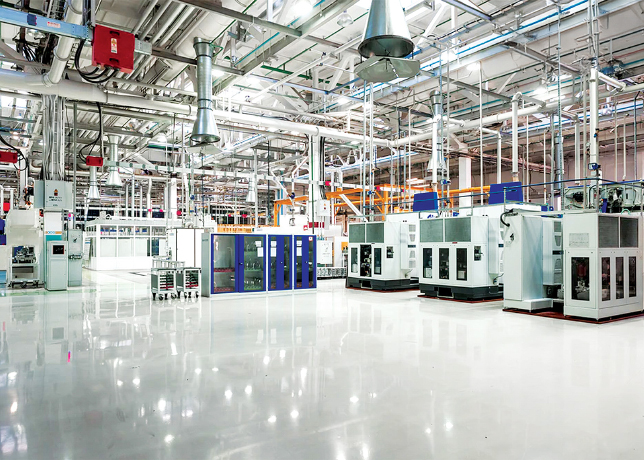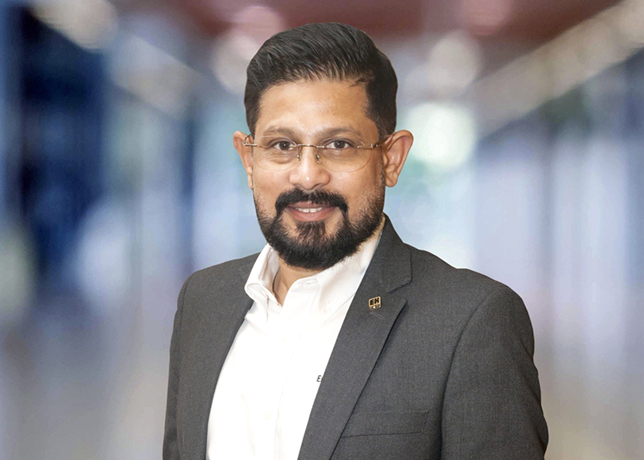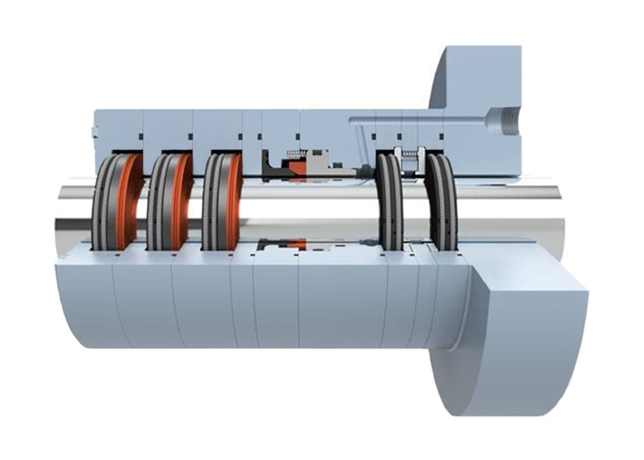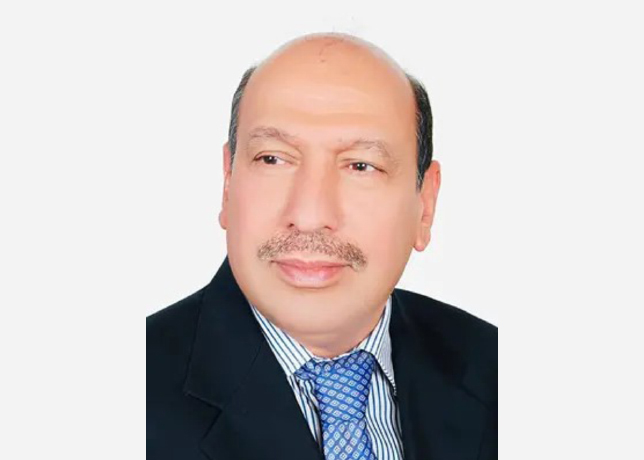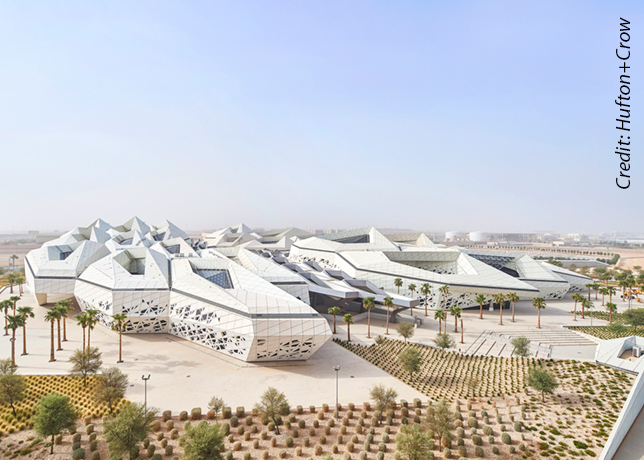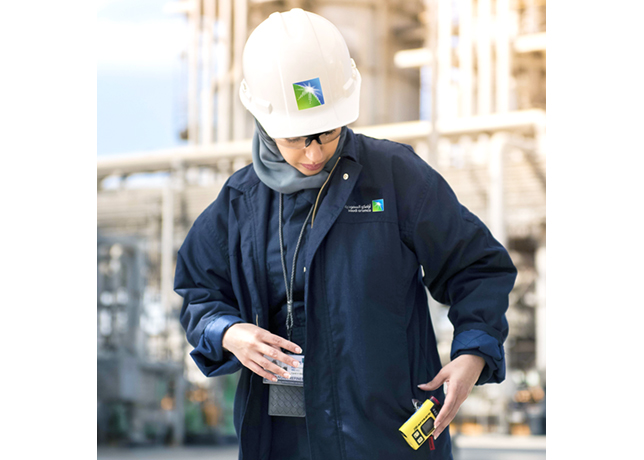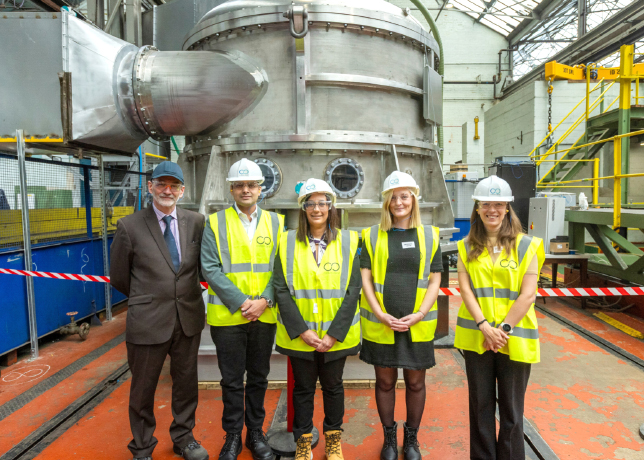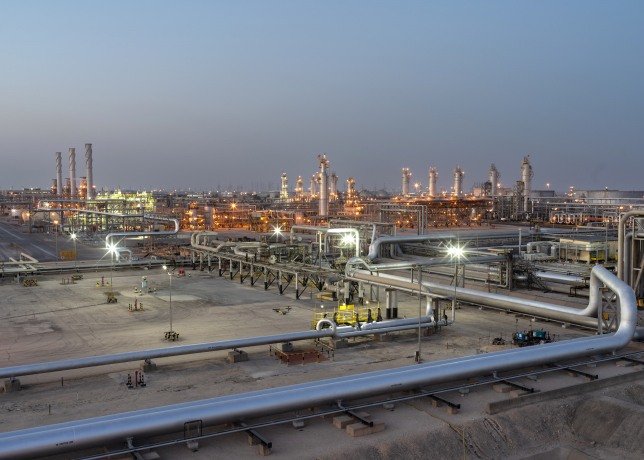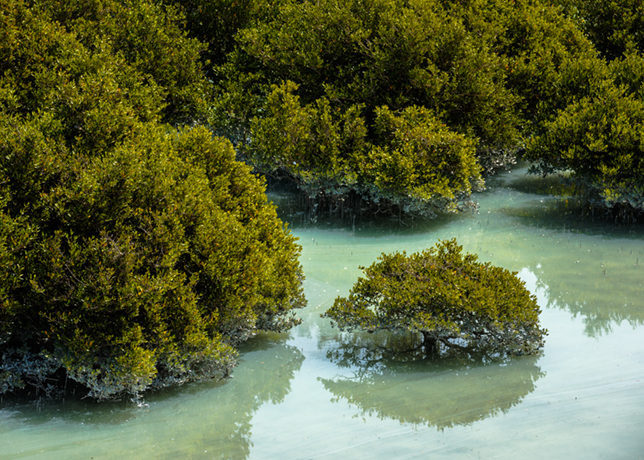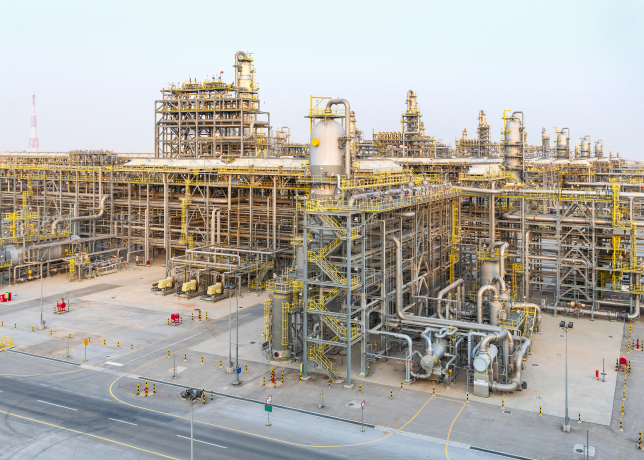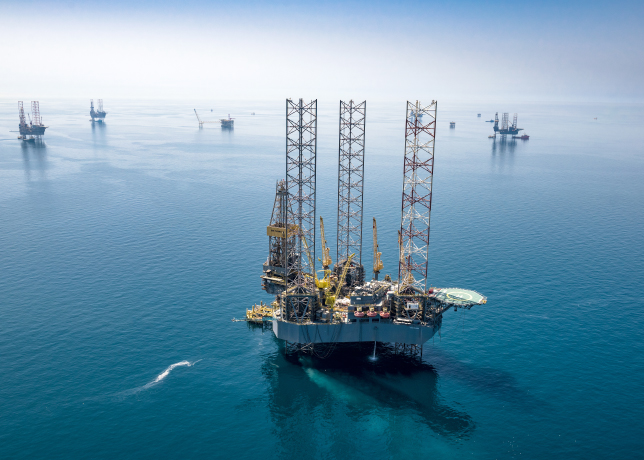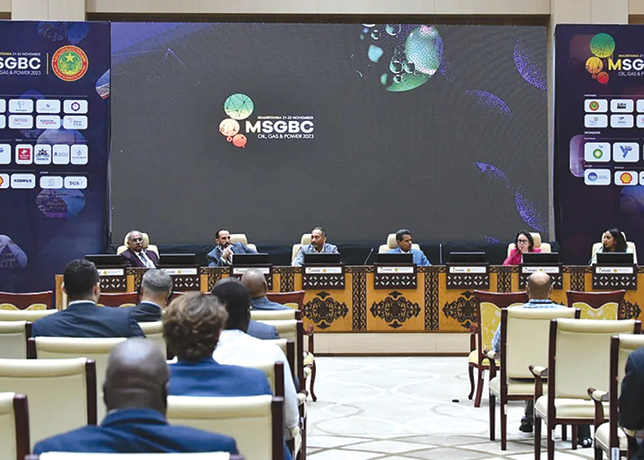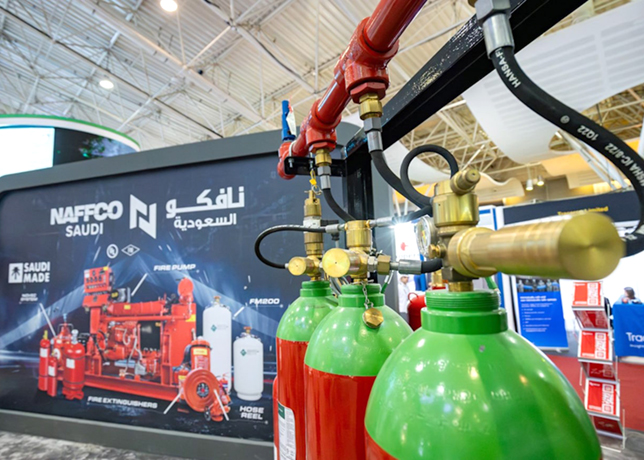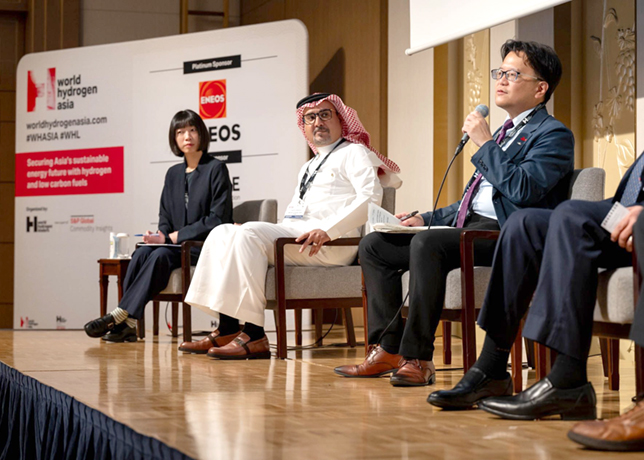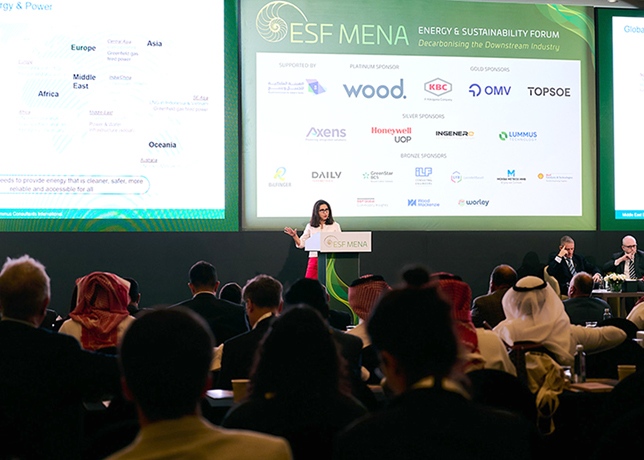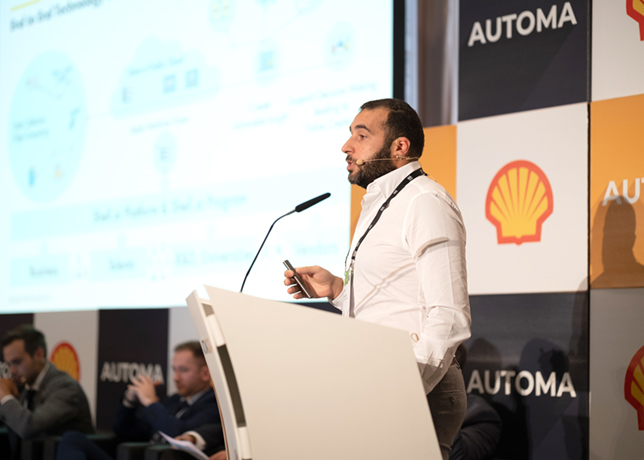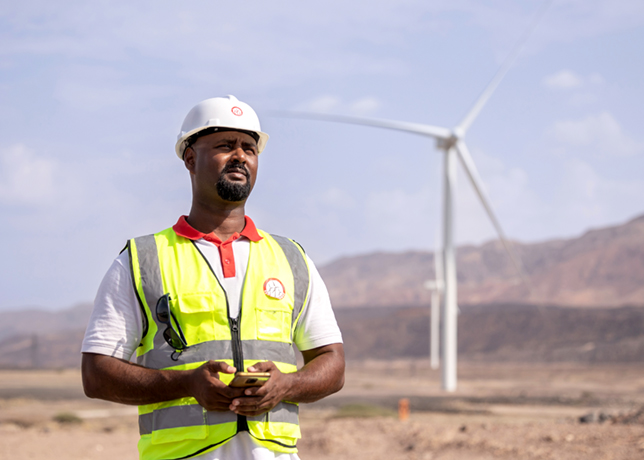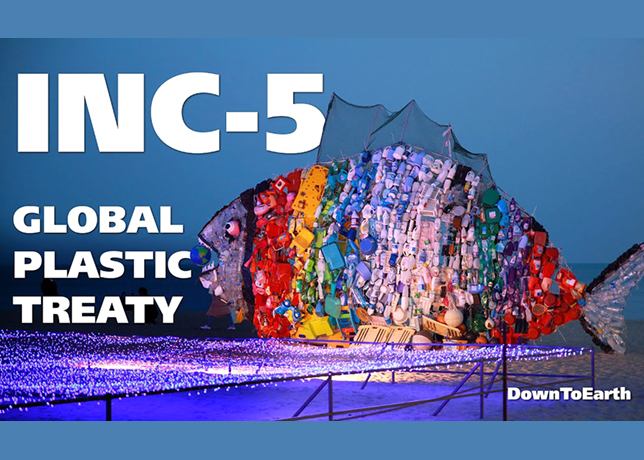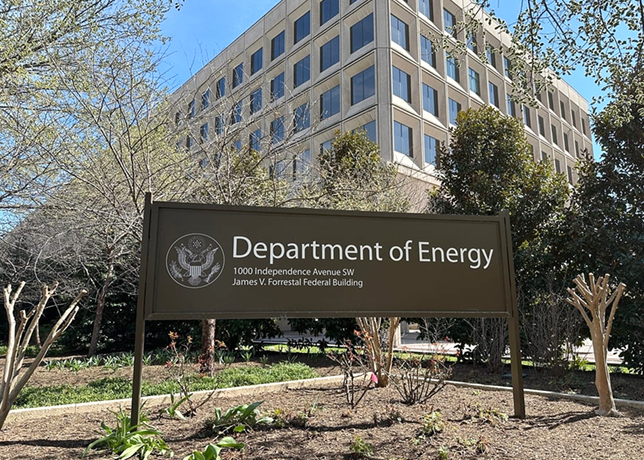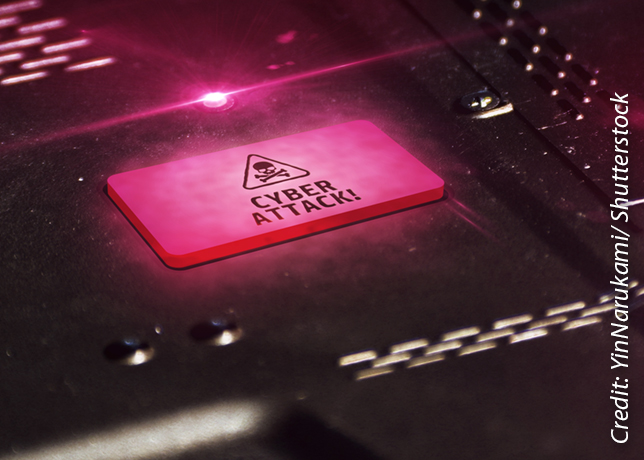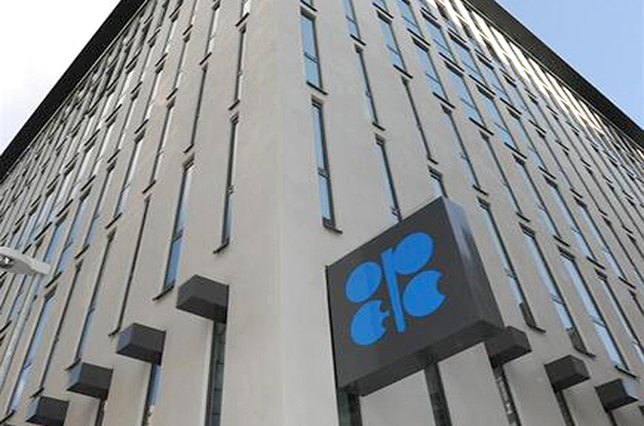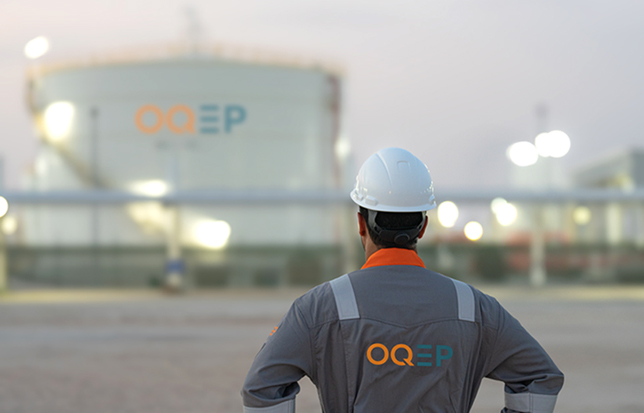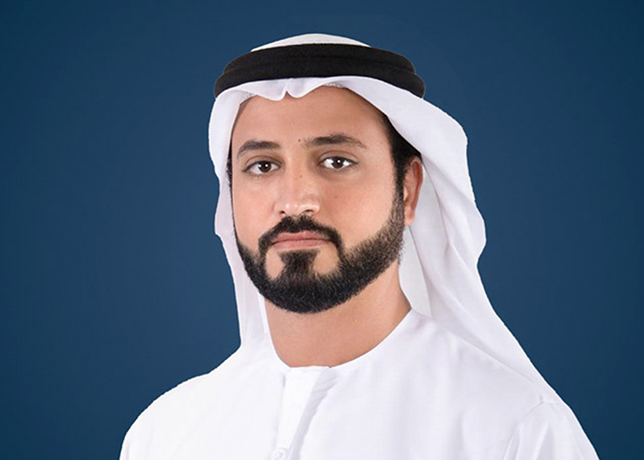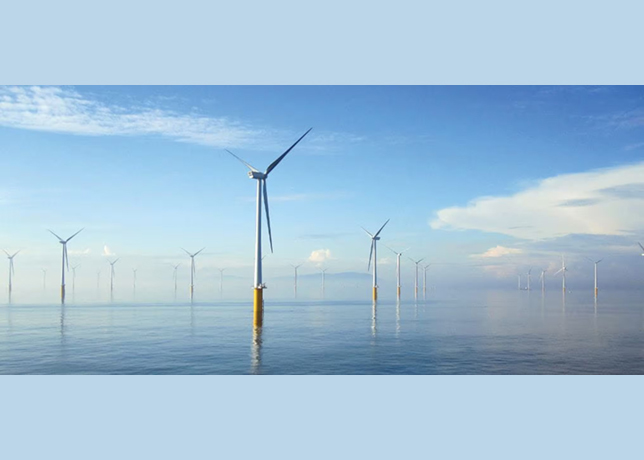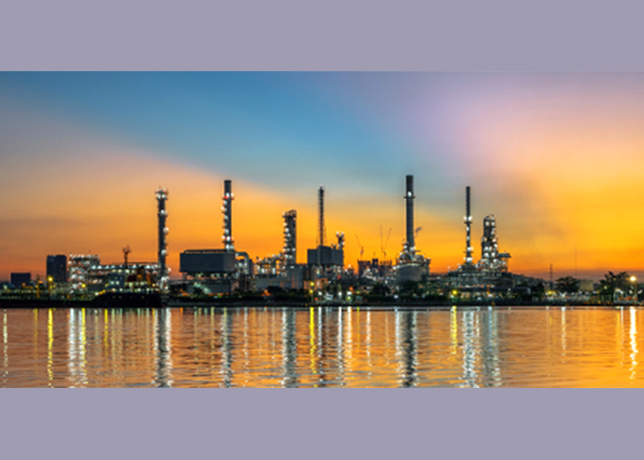
 Oman rig ... international concerns from across the ME and globe converge on Abu Dhabi for the show
Oman rig ... international concerns from across the ME and globe converge on Abu Dhabi for the show
Considering its global recognition today, Adipec seems to have had a phenomenal growth since its inception.
In terms of attendance and its impact on the oil and gas industry, how big is this event today, both in the regional and international context?
“Since it was first held in 1984, Adipec has grown steadily over the years from a local event to regional to international. Today it is the largest oil and gas exhibition and conference in the Middle East. On the global scene, it is recognised as one of the most informative oil and gas events in the world. The event in 2002 saw the attendance of over 20,000 decision makers, high ranking officials and industry professionals from around the world, with over 2,100 delegates representing 48 countries. The statistics themselves, apart from the event’s resultant influence on the industry, are an obvious indication that Adipec is recognised as one of the world’s premier oil and gas events - and undoubtedly as the region’s most important.”
With such an impressive turnout for previous years, what do you anticipate for Adipec 2004?
“We are expecting much more regional and international participation - from Iran, Saudi Arabia, Egypt, Oman, Iraq as well as from Europe and the United States. And we certainly expect a much larger number of technical papers to be presented from the international delegates. We have already received 343 abstracts from different countries for 2004, and that’s more than double of what we received for the previous event.”
May it be surmised that your goal is to transform Adipec from being the largest oil and gas event in the Middle East to literally the largest in the world?
“That indeed is our goal. And we expect 2004 to be a watershed in that direction.”
Could you elaborate on the role and involvement of the Society of Petroleum Engineers in Adipec?
“One thing we make sure of is that the technical quality of the papers presented at Adipec is very high, that the technical expertise is available to address all the abstracts. For this reason we are working very closely with SPE. We decided that the role of SPE is very important as they have the largest number of offices and contacts in the world. We have signed a memorandum of understanding with them for their support and sponsorship for the coming conference.
“Most of the technical papers going to be presented at Adipec 2004 will be given an SPE number, which makes the papers authorised at the international level. These papers will also be published in SPE’s official publication, giving them a high profile and recognition worldwide.”
'Managing resources and opportunities for the maturing global oil and gas industry' - is there any particular reason that this specific theme was chosen for Adipec 2004?
“By ‘resources’ we usually mean basically two things - capital investment and manpower. Because of the sudden increase in the demand of oil we always have shortage of technical people to manage the challenges of production. In view of the demand we need to develop a lot of people. This is one reason. A lot of capital is available for use in the industry and there is competition among the international companies for exploration of the huge untapped oil reserves in the Gulf region. How would the international companies and the local companies manage the proper exploitation of the oil fields and develop them properly? How would the companies work together? That would require a lot of cooperation.”
Is Adipec actively involved in developing the human resource to meet this challenge of managing the resources?
“First of all, when you bring the experts together and each brings his technical paper and shares it with others, this in itself creates a positive environment for communication and further development. At this stage a lot of young national graduates are showing interest in Adipec - not only from the UAE but from other Gulf countries as well. The whole region is keen on developing their young nationals, so they come and listen to the experiences and gain the knowledge shared at the conference.
“We especially encourage them to bring their own technical papers and we encourage them to get to know each other. A lot of the technical knowledge can be exchanged after the conference too. An engineer in ADCO, for example, might meet another engineer from Kuwait, and if they get to know each other they can always continue to exchange information later on.
“That’s a very good opportunity for the young nationals. Additionally, we are talking to the universities in working together for the benefit of our young graduates interested in pursuing a career in oil and gas.
There is a possibility about the formation of a panel discussion between the industry and the universities, but this is yet to be finalised.”
HSE, especially environment, is increasingly an important issue in the oil and gas industry. Will the conference be focusing on the challenges related to this issue?
HSE is a very important subject for us. As you might know, Abu Dhabi has been pioneering in the area of HSE and has always been keen to protect the environment.
“We have demonstrated that in all areas of our operations. It is an important subject that is regularly presented in the technical papers. The other challenge we are seeing at Adipec - and there’s going to be a panel discussion at the 2004 conference about it - is the integrity of the facilities of the oil and gas industry.
“This is a very important subject related to the environment. Any oil industry should have the facility to process the products; however, most of the facilities in the region were built 30 or 40 years ago. They are all really old.
“This is the time to replace them, or upgrade and enhance them so that they are in line with the environmental requirements. At Adipec 2004 we will be having a special panel discussion to see the challenges for upgrading these facilities and making sure the integrity of the facilities are being addressed and looked at.
So we can say that 2004 will be a significant juncture, a milestone in the history of Adipec, a starting point towards becoming the premier international event in its field?
“Yes, we definitely hope so.”



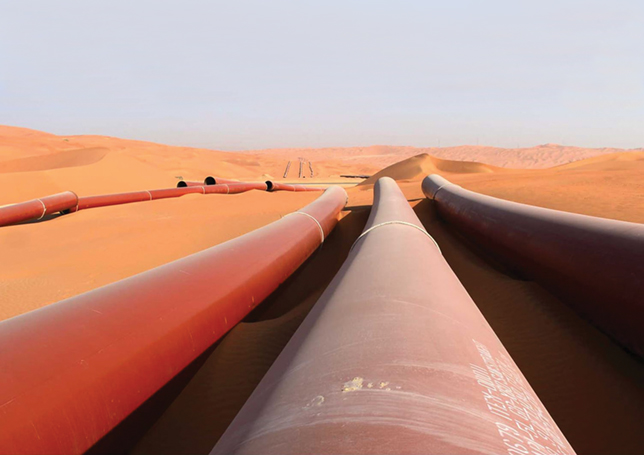
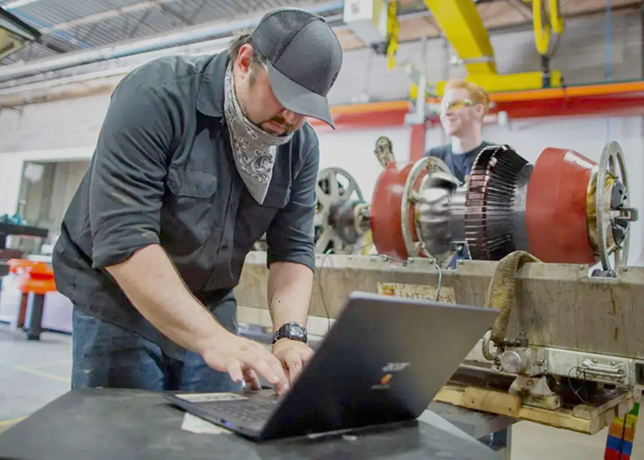

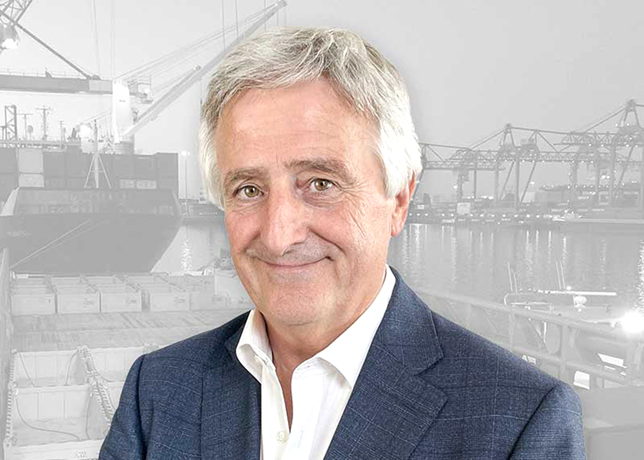
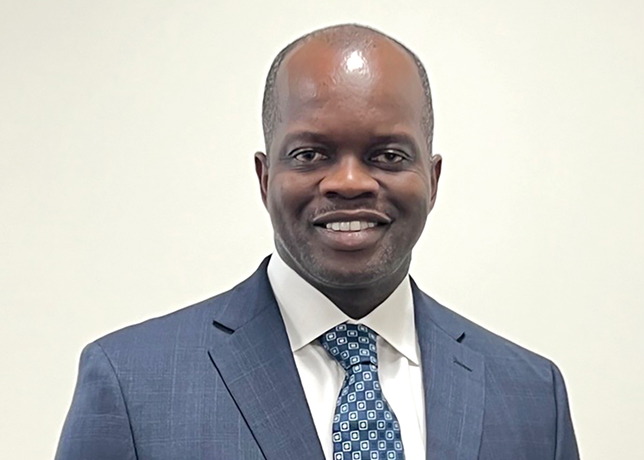
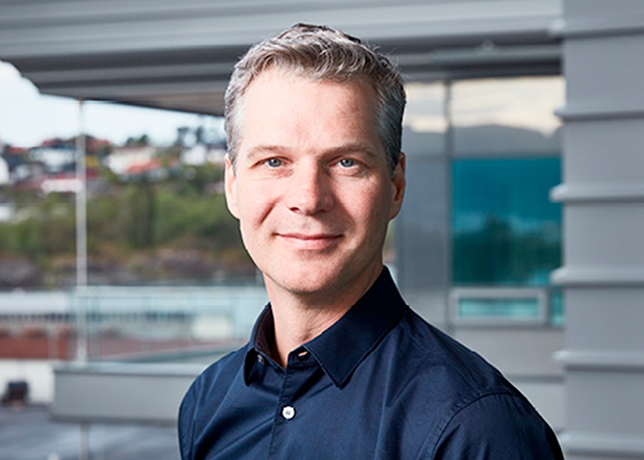
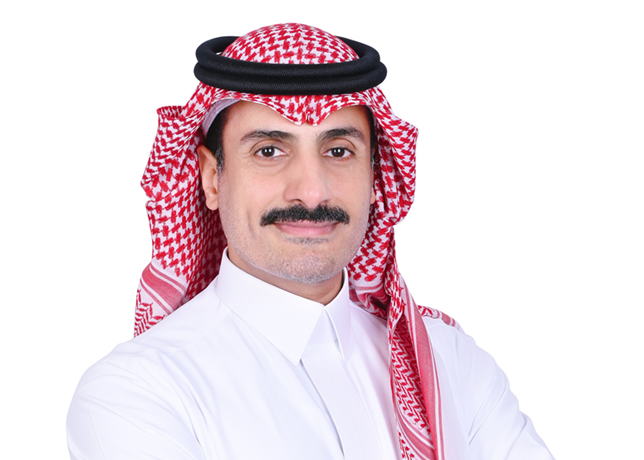
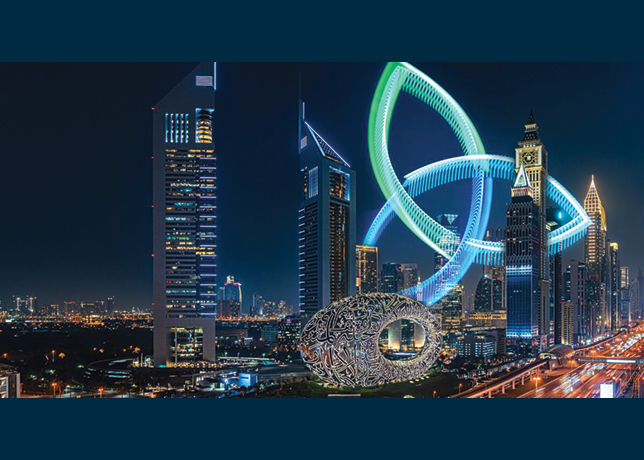
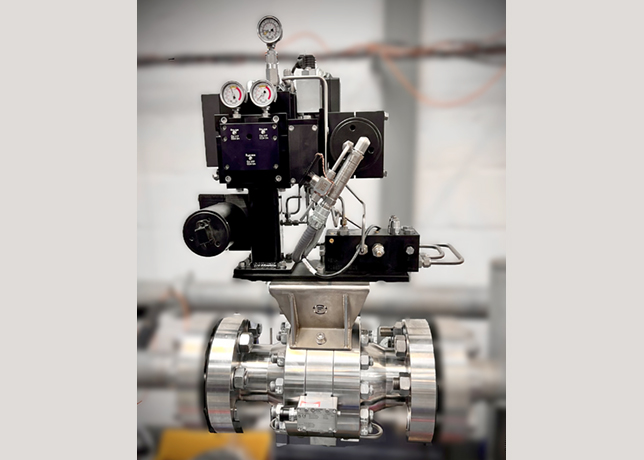
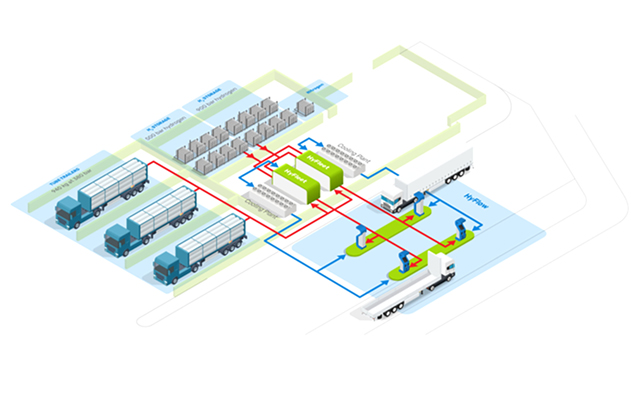
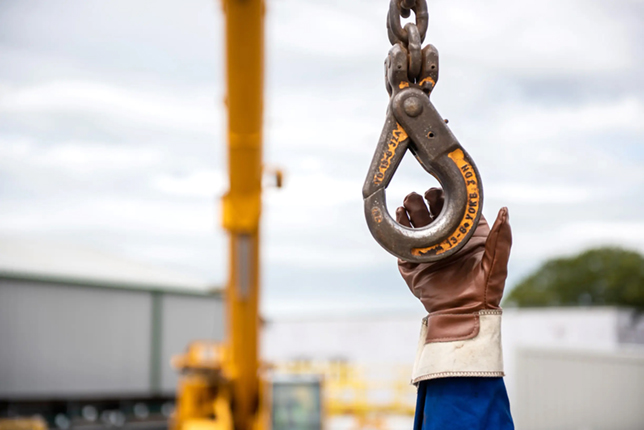
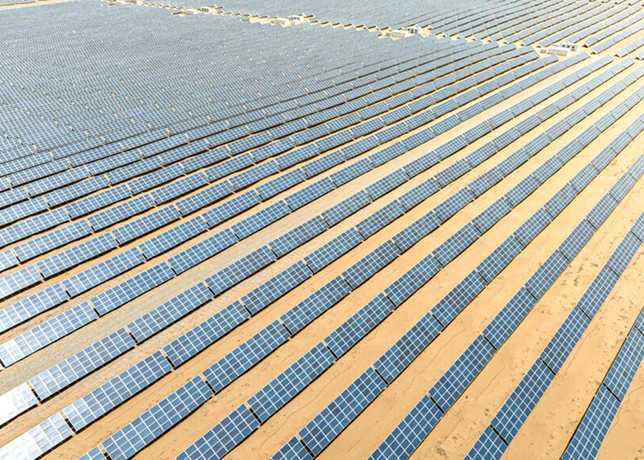

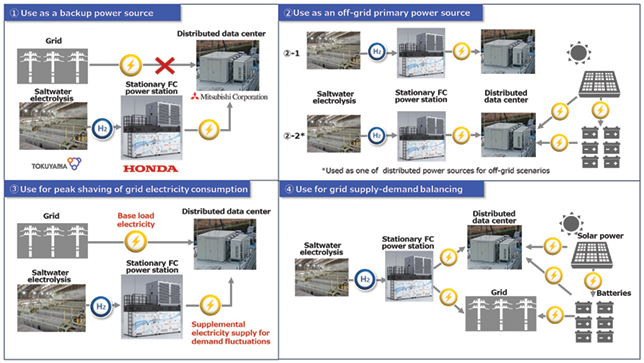
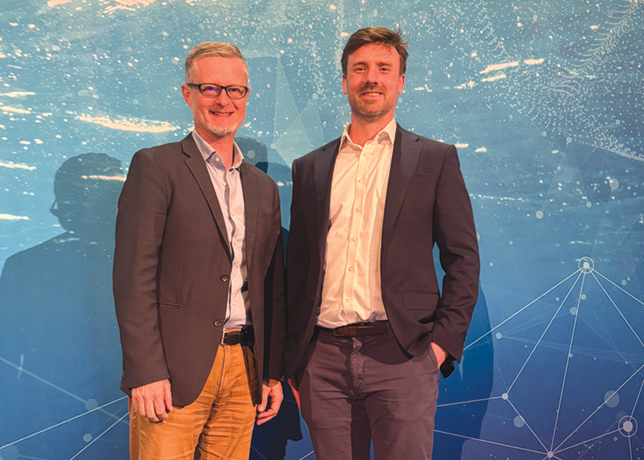
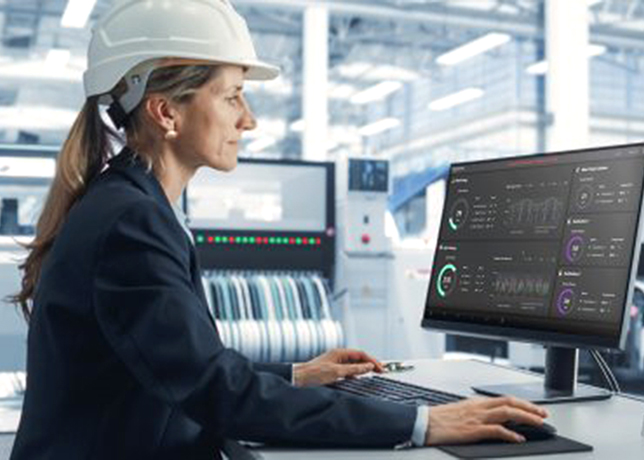
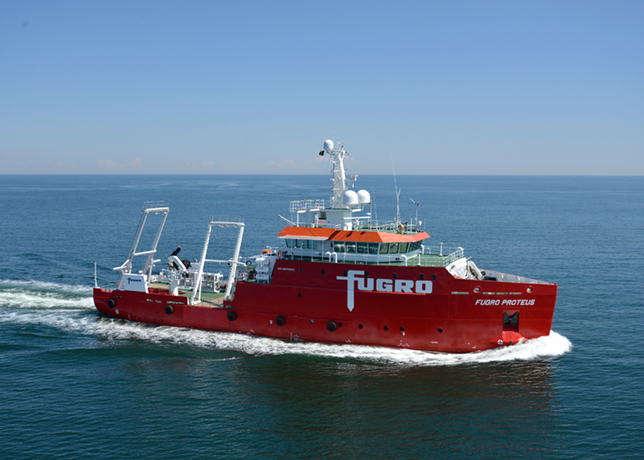

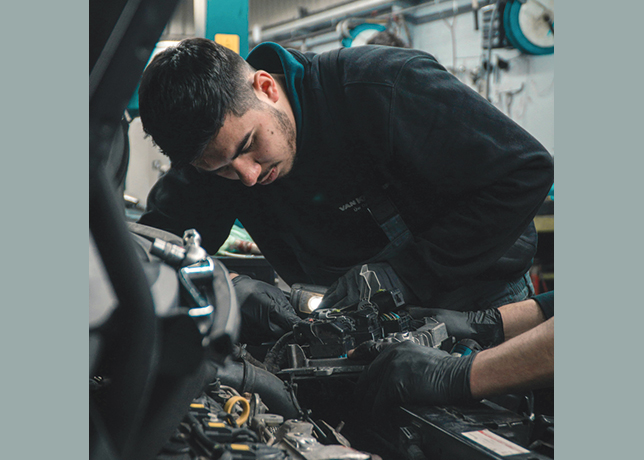
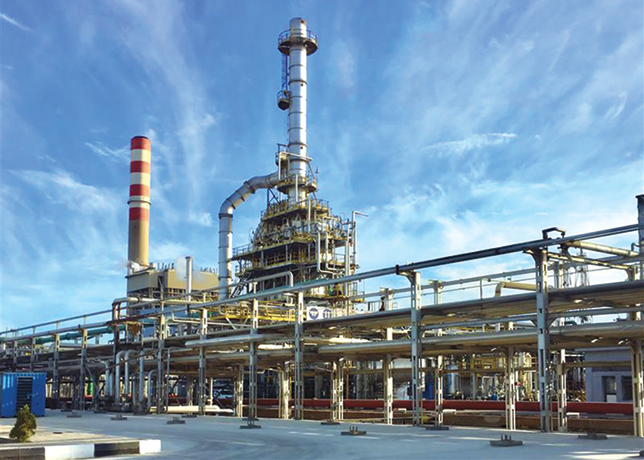
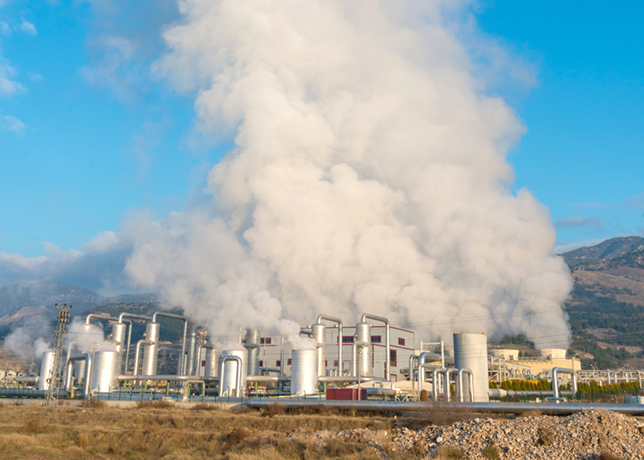
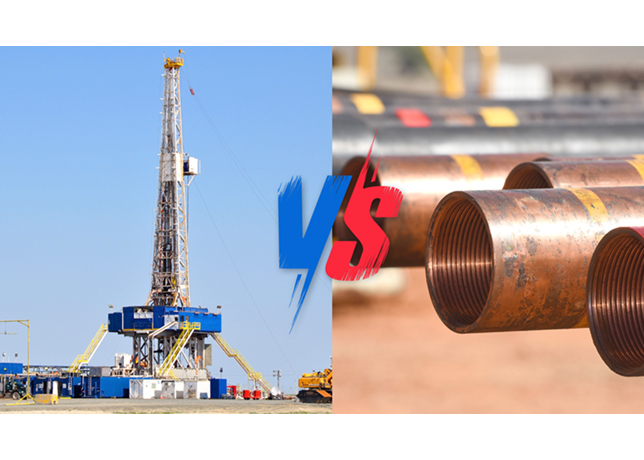
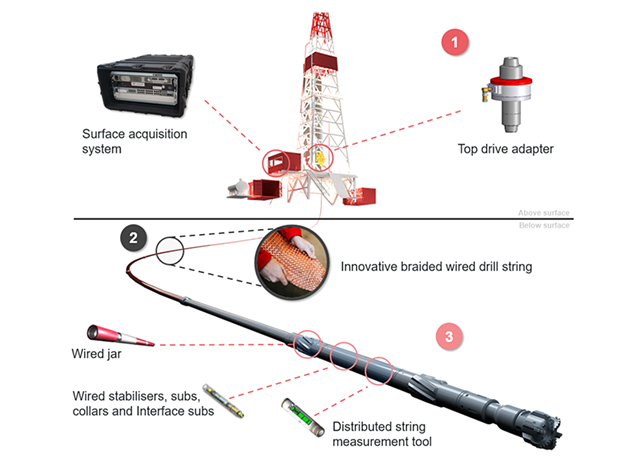

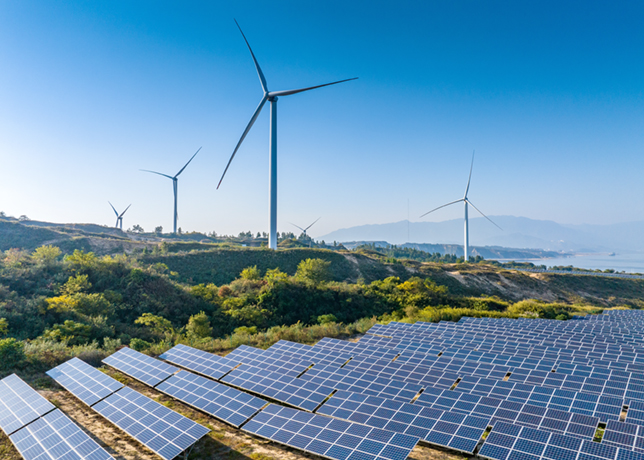

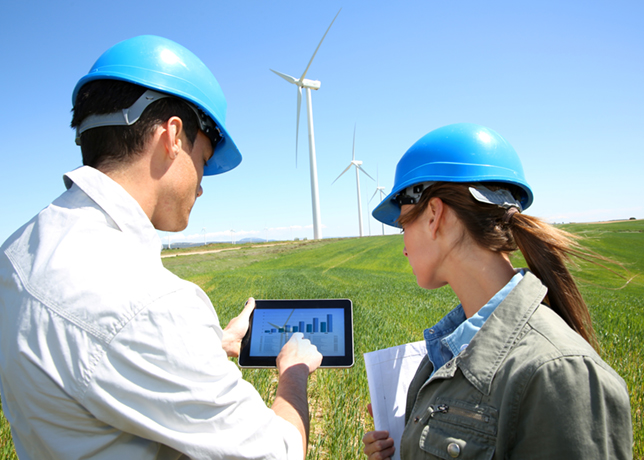


-is-one-of-the-world.jpg)
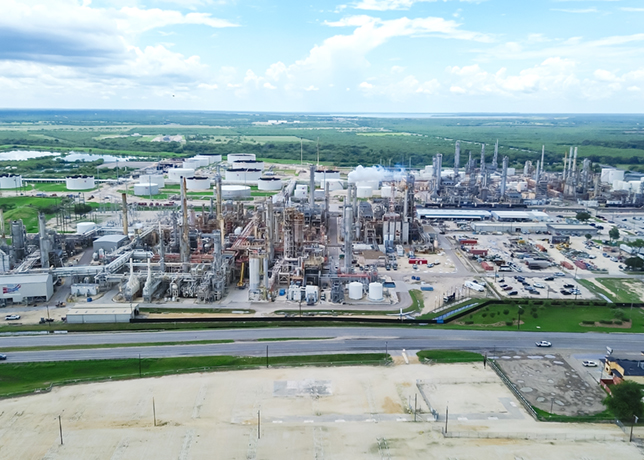
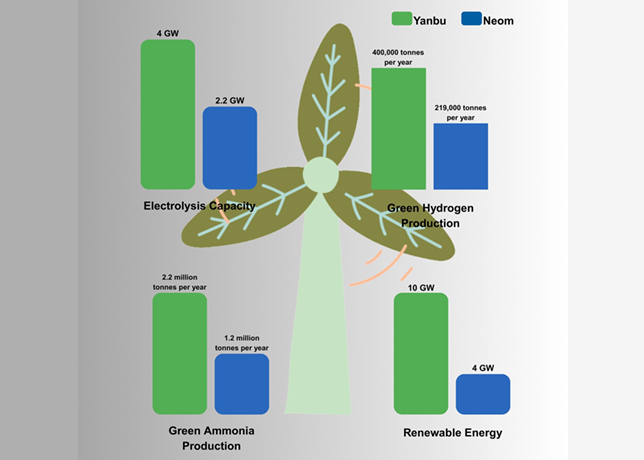
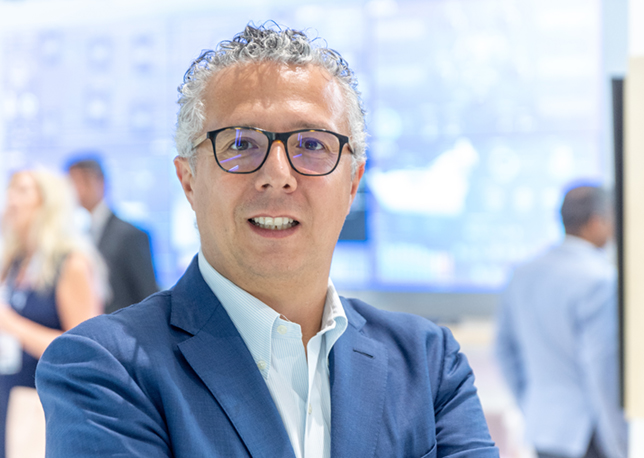
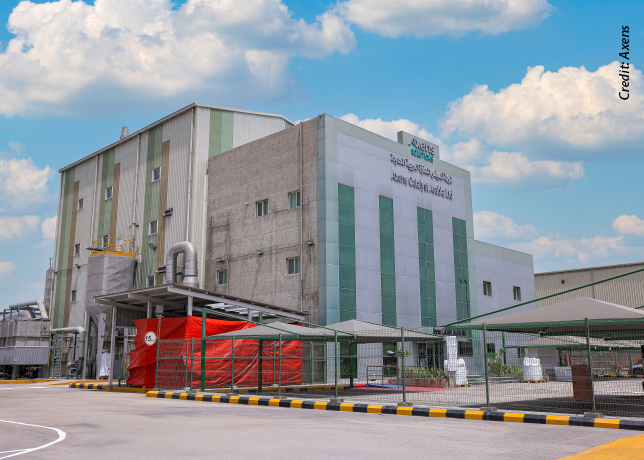
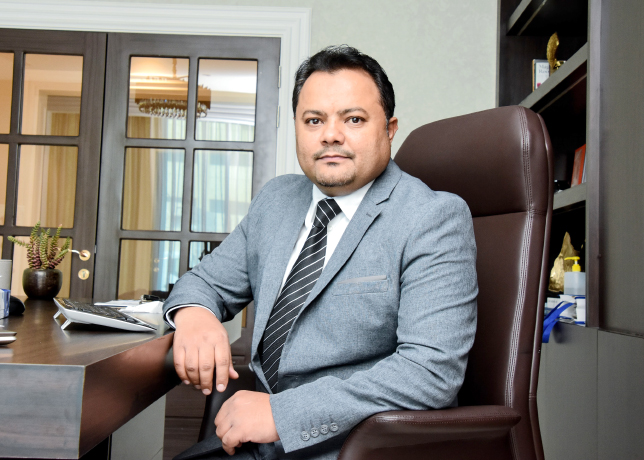
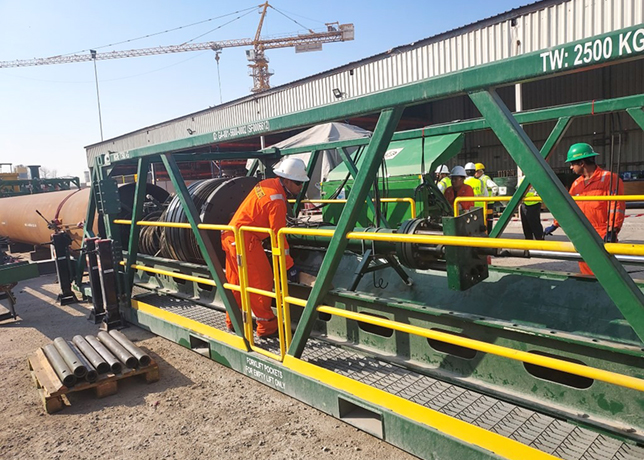
-(4)-caption-in-text.jpg)
